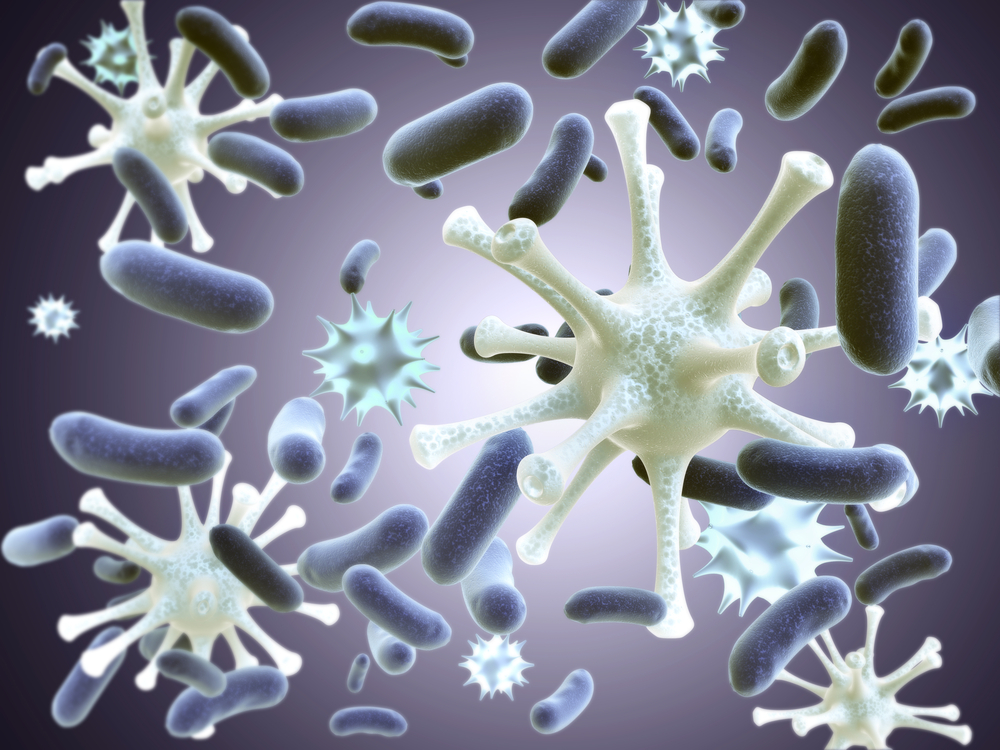Results from a recent large study conducted by Johns Hopkins researchers indicate that men with an asthma medical history are less prone to develop severe prostate cancer when compared to men who never suffered from the disease.
The study, which was published in the International Journal of Cancer, reviewed the medical history of 47,880 men, with results showing that men with a medical history of asthma were 29% less prone to receive an advanced stage prostate cancer diagnosis. In addition, asthmatic men were 36% less prone to die from prostate cancer.
According to Elizabeth A. Platz, Sc.D., M.P.H., a professor of epidemiology at the Johns Hopkins Bloomberg School of Public Health and co-leader of the Cancer Prevention and Control Program at the Johns Hopkins Kimmel Cancer Center, these results are quite surprising since previous research has shown that there is an association between prostate cancer and asthma-related inflammation.
However, as Platz noted, one cannot assume that asthma is a protective factor for prostate cancer. “We don’t know yet whether the association we see in this observational study is a case of cause and effect,” she said in a recent news release.
Results from the study indicated that asthmatic men were less likely to develop deadly prostate cancer even when controlling for factors such as if men took asthma medication or if the diagnosis was made later in life.
The team of investigators also evaluated if there was an association between hay fever and deadly prostate cancer, observing an opposite connection as men with a history of hay fever were between 10 to 12% more prone to develop severe prostate cancer.
The patients analyzed in the study were part of the Harvard’s Health Professionals Follow-Up Study and did not have a prostate cancer diagnosis. All participants completed questionnaires every two years. For those men who reported having a diagnosis of prostate cancer, the investigators assessed their medical and pathology history.
Among all study participants, the researchers found that 9.2% had a diagnosis of asthma, and 25.3% had hay fever. The researchers started looking at potential associations between prostate cancer and asthma using mice models, and determined that animals who had immune cells infiltrating prostate tumors produced a Th2 immune response. “Asthma is often considered to be a disease of chronic inflammation, particularly Th2 inflammation,” Drake explained in the news release. “And cancer is often thought of as mediated by Th2 inflammation. So what we expected was that asthmatics would have a higher incidence of prostate cancer.” However, results from the new study “showed the exact opposite, that men with asthma had a relatively lower risk of prostate cancer,” said Charles Drake, M.D., Ph.D., co-director of the Prostate Cancer Multidisciplinary Clinic at the Johns Hopkins Kimmel Cancer Center.
Despite the fact that other researchers had already examined the association between asthma and prostate cancer, the new study includes a larger population and focuses in deadly cases of cancer. “We also looked at when the men got their asthma or hay fever diagnosis so we could be more certain that we weren’t missing a relevant ‘window’ of exposure that could influence prostate cancer,” Platz said in the news release.
Drake also mentioned there are many reasons why asthma might not be associated with a higher risk of fatal prostate cancer. “It’s possible that the Th2 inflammation that drives asthma is not the same as the Th2 inflammation that drives cancer,” Drake noted.
Asthmatics may also have higher levels of other immune cells, including eosinophils or mast cells, which might attack tumor cells.
The collaboration between Drake, an immunologist, and Platz, an epidemiologist, and others on the research team will continue as “we go back into the lab and try to characterize the nature of the immune cells present in the prostate,” Platz explained. “We want to see what it is about a particular immune profile or immune environment that might be related to prostate cancer, especially aggressive prostate cancer.”

